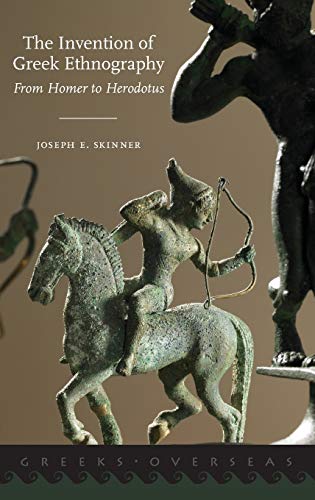

Most ebook files are in PDF format, so you can easily read them using various software such as Foxit Reader or directly on the Google Chrome browser.
Some ebook files are released by publishers in other formats such as .awz, .mobi, .epub, .fb2, etc. You may need to install specific software to read these formats on mobile/PC, such as Calibre.
Please read the tutorial at this link: https://ebookbell.com/faq
We offer FREE conversion to the popular formats you request; however, this may take some time. Therefore, right after payment, please email us, and we will try to provide the service as quickly as possible.
For some exceptional file formats or broken links (if any), please refrain from opening any disputes. Instead, email us first, and we will try to assist within a maximum of 6 hours.
EbookBell Team

4.1
40 reviewsThe Invention of Greek Ethnography challenges the legitimacy of this narrative. Drawing on recent advances in ethnographic and cultural studies and material culture-based analyses of the ancient Mediterranean, Joseph Skinner argues that ethnographic discourse was already widespread throughout the archaic Greek world long before the invention of ethnographic prose, incorporating not only texts but also a wide range of iconographic and archaeological materials. The reconstruction of this "ethnography before ethnography" demonstrates that discourses of identity played a vital role in defining what it meant to be Greek in the first place. The development of ethnographic writing and historiography is shown to be rooted in a wider process of "positioning" that was continually unfurling across time, as groups and individuals scattered across the Mediterranean world sought to locate themselves in relation to both the narratives of the past and other people. The Invention of Greek Ethnography provides a shift in critical perspective that will have significant implications for our understanding of how Greek identity came into being, the manner in which early discourses of difference should be conceptualized, and the way in which narrative history should ultimately be interpreted.